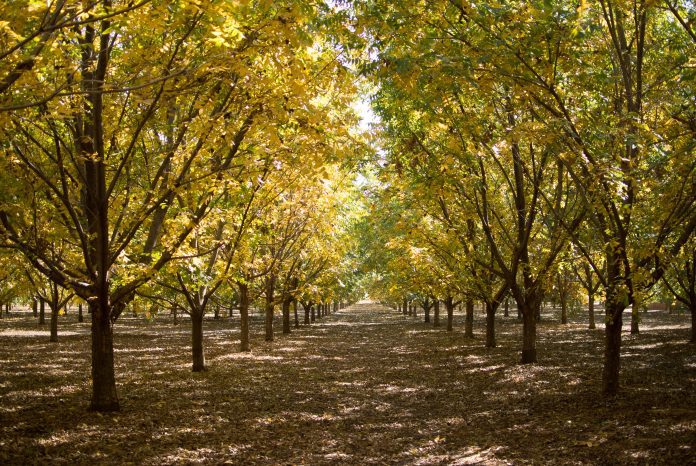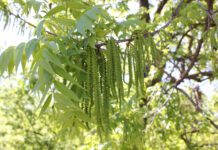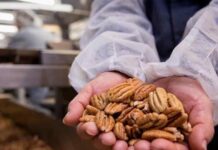The American Pecan Council has received several questions relating to Maximum Residue Levels (MRLs) and good products to be used on pecans. With harvest season well on its way, it is an excellent time to review what consumers are demanding and what responsibilities the industry has on product quality for its customers. Consumer preferences are changing, and as a result, there are more and more rules being handed down from both regulatory agencies and buyers.
Recently, a global study from Innova, a marketing survey company, published its findings on a recent survey conducted on international consumers. The consumers’ responses showed that protecting the planet topped the population’s health. The study continues that 63% of consumers want to purchase products that reduce food waste. Furthermore, 20% to 25% of consumers adjusted their food choices based on environmental impacts. Consumer preferences are changing to an environmental approach to eating.
In addition, the European Union (EU) recently announced a change in the MRLs of crop protection products. In order to ship products to the EU, products must be below the strict MRL EU tolerances. Additionally, the American pecan industry must also adhere to U.S. Environmental Protection Agency (EPA) MRLs. This means pecans, shipping domestically and entering the U.S., must comply with the approved U.S. EPA MRL standards; otherwise, the product may be recalled. Growers and handlers are encouraged to ensure that the product they are producing, shelling, accumulating or shipping meets U.S. EPA standards. Failure to meet these standards may result in a recall of the product. Banned substances or crop protection tools not labeled for use on pecans may not be used to produce pecans. The product may be recalled if these substances/tools are used and an MRL is detected.
Furthermore, those exporting products should ensure that the product is in accordance with MRLs that meet the country of destination. Crop protection products may be legal in the U.S., but standards may be lower in other countries. Should an MRL be higher than the destination country, that product may have to be retested or shipped to a market with acceptable tolerance levels.
The bottom line for the pecan industry is simple: Ensure one follows the approved U.S. EPA standards and that the product entering the destination country is at the appropriate level. Also, ensure one is only using products that the U.S. EPA approves.
One excellent resource tool is the USDA’s Foreign Agricultural Service MRL database.
Customers’ preferences are changing. The American Pecan Council is in the process of putting together a Quality Assurance Program (QAP) that will assist the industry in meeting the changing demands of its consumers. Growers, accumulators and handlers will be getting credit for practices that they are already doing. Consumers want to see what the industry is doing to ensure that they are providing a quality product. It is a new era for food, and we as an industry must be prepared to respond to those demands.











